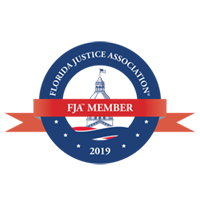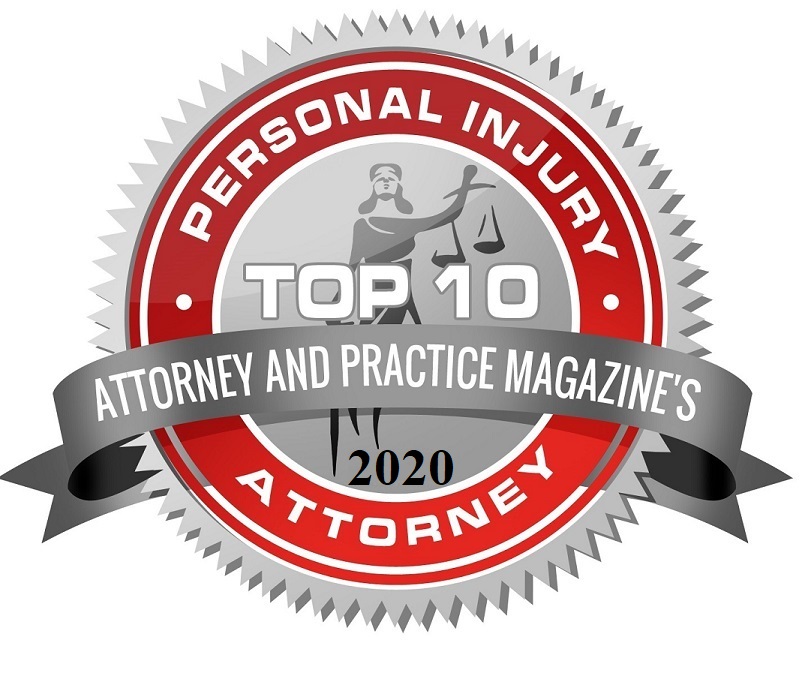Florida, with its expansive highways and commerce, sees a significant amount of truck traffic. This increases the risk of truck accidents, which often result in severe injuries and substantial property damage due to the sheer size and weight of these vehicles. When such accidents occur, determining liability is a complex yet crucial process that can significantly impact the victims’ ability to recover compensation. Understanding the various facets of liability in Florida truck accidents is essential for victims seeking justice and for their legal representatives working tirelessly to secure fair outcomes.






Who May be Held Liable in a Truck Accident?
Truck accidents in Florida involve several potential parties, each of whom may bear responsibility depending on the circumstances of the incident. One primary party often scrutinized is the truck driver. Their actions and decisions leading up to the accident are critical in assessing liability. Factors such as driver fatigue, distraction, impairment, and adherence to traffic laws are meticulously examined. For instance, federal regulations mandate specific hours of service to prevent driver fatigue, and violations of these rules can establish liability. Similarly, evidence of texting while driving or operating under the influence of alcohol or drugs can directly implicate the driver in the causation of the accident.
In addition to the driver, the trucking company that employs the driver often comes under scrutiny. Trucking companies have a legal responsibility to ensure their drivers are adequately trained, qualified, and comply with all safety regulations. This includes conducting thorough background checks and regular evaluations of their drivers’ performance. If a trucking company fails in these duties, it may be held liable for accidents caused by its drivers. Furthermore, companies are also responsible for maintaining their fleet of trucks. Mechanical failures due to poor maintenance, such as brake failures or tire blowouts, can lead to devastating accidents. In such cases, the trucking company may be found liable for neglecting proper vehicle maintenance protocols.
Another crucial element in determining liability in truck accidents involves the manufacturers of the truck and its parts. Defective components, such as faulty brakes, steering mechanisms, or tires, can lead to catastrophic accidents. When an accident occurs due to a defect in the vehicle, the manufacturer of the truck or the specific defective part can be held accountable. This aspect of liability highlights the importance of thorough investigations and the role of product liability law in truck accident cases.
Cargo loading companies also play a pivotal role in the safety of truck operations. Improperly loaded or overloaded trucks can cause accidents due to shifting cargo or an imbalance that affects the truck’s handling. When a truck accident is linked to cargo issues, the company responsible for loading the truck may bear liability. Ensuring that cargo is secured correctly and does not exceed weight limits is vital for preventing accidents.
What is Comparative Negligence?
In Florida, the principle of comparative negligence is applied in determining liability for truck accidents. This means that fault can be distributed among multiple parties, and each party’s liability is proportional to their degree of fault. For example, if a truck driver is found to be 70% at fault for an accident and the victim 30% at fault, the compensation awarded to the victim will be reduced by their percentage of fault. This principle underscores the importance of a thorough and precise investigation to accurately assign fault.
The Role of Insurance Companies
Insurance companies also play a significant role in the aftermath of truck accidents. Trucking companies and their insurers often have substantial resources and legal teams to minimize their liability and payout amounts. Navigating the complexities of insurance claims and negotiations requires a deep understanding of the law and a strategic approach to ensure victims receive fair compensation. Victims of truck accidents should be aware that initial settlement offers from insurance companies may not fully cover their losses, and seeking legal counsel can help in obtaining a more just outcome.
Determining Liability
The process of determining liability in truck accidents involves various steps, starting with a comprehensive investigation. This investigation typically includes examining the accident scene, reviewing police reports, collecting witness statements, and analyzing data from the truck’s black box or electronic logging device. These devices record crucial information such as the truck’s speed, braking patterns, and hours of operation, which can provide valuable insights into the cause of the accident. Additionally, testimony from accident reconstruction specialists can be instrumental in piecing together the events leading to the crash and establishing liability.
Legal proceedings in truck accident cases can be lengthy and complex, often involving multiple defendants and extensive discovery processes. Discovery is a phase where both parties exchange information and gather evidence to build their cases. This phase is critical for uncovering details that can establish liability, such as maintenance records, driver logs, and internal communications within the trucking company. Depositions, where witnesses and involved parties are questioned under oath, also play a crucial role in uncovering the truth and building a strong case.
Choosing The Right Personal Injury Attorney Personal Injury Settlement TimelineRelated Videos
The Continued Impact
Victims of truck accidents must also consider the long-term impacts of their injuries and damages when pursuing compensation. Truck accidents often result in severe injuries, including traumatic brain injuries, spinal cord injuries, and multiple fractures. These injuries can lead to substantial medical expenses, ongoing rehabilitation costs, lost wages, and diminished quality of life. Calculating the full extent of these damages and presenting them effectively in a legal context is essential for securing adequate compensation. This process often requires collaboration with medical professionals, economists, and vocational specialists to provide a comprehensive assessment of the victim’s needs and future financial requirements.
The Statute of Limitations
In Florida, the statute of limitations for filing a personal injury lawsuit is typically two years from the date of the accident. However, truck accident cases can involve additional complexities that may impact this timeframe. For instance, if a government entity is involved, such as a municipal truck or road maintenance issue, different rules and shorter deadlines may apply. It is crucial for victims to seek legal advice promptly to ensure their rights are protected and to navigate the specific requirements of their case.
Case Results
Advocating for You
Determining liability in Florida truck accidents is a multifaceted process that involves examining the actions of the truck driver, the trucking company, manufacturers, and other potential parties. The principle of comparative negligence, thorough investigations, and a deep understanding of the law are critical in securing fair outcomes for victims. The aftermath of a truck accident can be overwhelming, with significant physical, emotional, and financial burdens. Seeking professional legal assistance is essential to navigate these challenges and to ensure that victims receive the compensation they deserve.
If you or a loved one has been involved in a truck accident in Florida, Serrano Law is here to help. Our dedicated team understands the complexities of truck accident cases and is committed to fighting for your rights. Contact us today for a consultation, and let us help you on the path to recovery and justice.



